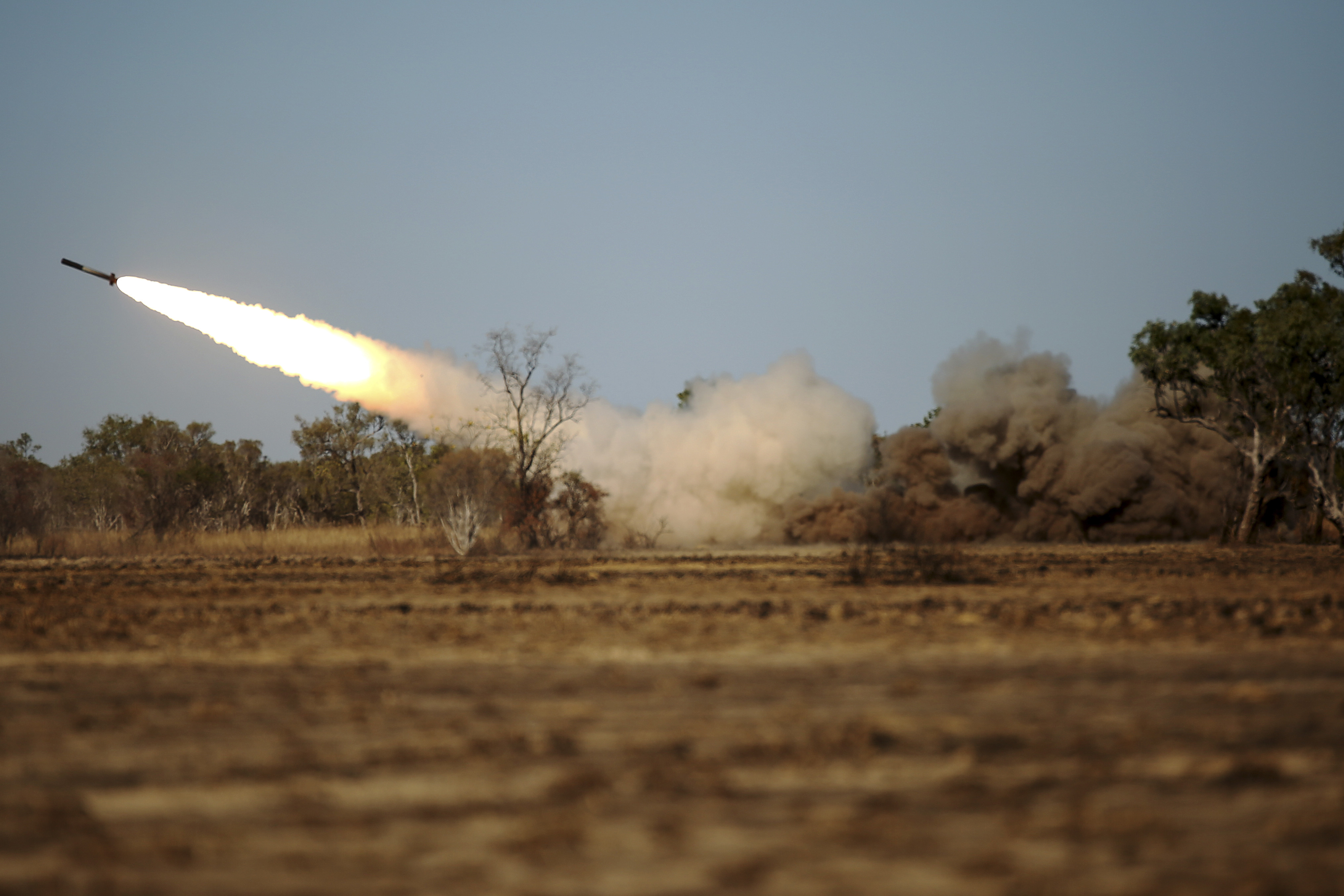Why Ignoring Addiction Rehab Thailand Will Cost You Sales
페이지 정보
작성자 Mark 작성일 23-12-03 08:03 조회 15 댓글 0본문
Introduction:
Marijuana, also known as cannabis or grass, is one of the most trusted illicit drugs globally. With a growing push for legalization in lot of nations, it is very important to know the possibility dangers connected with marijuana addiction. This report is designed to provide an extensive summary of cannabis addiction, showcasing its impacts on individuals and community.
Marijuana Addiction: Definition and Prevalence:
Marijuana addiction, also known as cannabis make use of disorder (CUD), is an ailment characterized by your compulsive marijuana usage despite experiencing bad effects. Based on the World Drug Report 2021 posted because of the United Nations Office on Drugs and Crime, around 5.7 million individuals globally experience cannabis disorders. This staggering figure emphasizes the need to address this developing concern.
 Psychological and Bodily Issues:
Psychological and Bodily Issues:
The psychoactive substance in marijuana, delta-9-tetrahydrocannabinol (THC), impacts mental performance's reward system, resulting in addictive behaviors. Continuous marijuana usage causes various psychological results such impaired memory, reduced concentration, and changed view. Also, actual results feature respiratory issues, increased heartbeat, and possible lung harm from smoking cigarettes.
Dependency and Withdrawal Symptoms:
Regular marijuana usage can result in dependency, with people experiencing withdrawal symptoms upon cessation. These symptoms may include frustration, anxiety, insomnia, losing appetite, and intense cravings for marijuana. The severity and extent of detachment signs may differ according to the amount of addiction and specific aspects.
Effect on Psychological State:
Marijuana addiction is usually associated with psychological state issues. Research indicates an increased danger of developing psychological illnesses particularly despair, anxiety, and psychosis among heavy marijuana people. Moreover, those with pre-existing mental health circumstances may go through worsened signs due to prolonged cannabis use, exacerbating their particular total well being.
Personal Ramifications:
Marijuana addiction not only affects people but has broader personal implications as well. Prolonged cannabis use can cause impaired cognitive functioning, impacting academic and work-related performance. In addition, addiction can strain relationships with buddies, family members, and colleagues, ultimately causing social isolation. It would likely also increase the probability of participating in high-risk habits and unlawful tasks, further affecting societal well being.
Treatment and Intervention:
Dealing with cannabis addiction usually requires a combination of behavioral treatments, guidance, and organizations. Cognitive-behavioral therapy (CBT) is actually used to assist people recognize triggers, develop coping methods, and change addictive actions. Furthermore, motivational interviewing and community-based programs can provide valuable support during the healing process.
 Conclusion:
Conclusion:
Marijuana addiction is a concerning issue that demands attention from medical providers, policymakers, and community overall. It is vital to recognize the potential dangers of cannabis use, particularly the development of addiction. Promoting general public awareness, early input, and accessibility effective treatment plans are very important tips rehab in thailand (a cool way to improve) mitigating the bad consequences of marijuana addiction. Just by dealing with this issue comprehensively can we work at a more healthy and more informed culture.
Marijuana, also known as cannabis or grass, is one of the most trusted illicit drugs globally. With a growing push for legalization in lot of nations, it is very important to know the possibility dangers connected with marijuana addiction. This report is designed to provide an extensive summary of cannabis addiction, showcasing its impacts on individuals and community.
Marijuana Addiction: Definition and Prevalence:
Marijuana addiction, also known as cannabis make use of disorder (CUD), is an ailment characterized by your compulsive marijuana usage despite experiencing bad effects. Based on the World Drug Report 2021 posted because of the United Nations Office on Drugs and Crime, around 5.7 million individuals globally experience cannabis disorders. This staggering figure emphasizes the need to address this developing concern.
The psychoactive substance in marijuana, delta-9-tetrahydrocannabinol (THC), impacts mental performance's reward system, resulting in addictive behaviors. Continuous marijuana usage causes various psychological results such impaired memory, reduced concentration, and changed view. Also, actual results feature respiratory issues, increased heartbeat, and possible lung harm from smoking cigarettes.
Dependency and Withdrawal Symptoms:
Regular marijuana usage can result in dependency, with people experiencing withdrawal symptoms upon cessation. These symptoms may include frustration, anxiety, insomnia, losing appetite, and intense cravings for marijuana. The severity and extent of detachment signs may differ according to the amount of addiction and specific aspects.
Effect on Psychological State:
Marijuana addiction is usually associated with psychological state issues. Research indicates an increased danger of developing psychological illnesses particularly despair, anxiety, and psychosis among heavy marijuana people. Moreover, those with pre-existing mental health circumstances may go through worsened signs due to prolonged cannabis use, exacerbating their particular total well being.
Personal Ramifications:
Marijuana addiction not only affects people but has broader personal implications as well. Prolonged cannabis use can cause impaired cognitive functioning, impacting academic and work-related performance. In addition, addiction can strain relationships with buddies, family members, and colleagues, ultimately causing social isolation. It would likely also increase the probability of participating in high-risk habits and unlawful tasks, further affecting societal well being.
Treatment and Intervention:
Dealing with cannabis addiction usually requires a combination of behavioral treatments, guidance, and organizations. Cognitive-behavioral therapy (CBT) is actually used to assist people recognize triggers, develop coping methods, and change addictive actions. Furthermore, motivational interviewing and community-based programs can provide valuable support during the healing process.
 Conclusion:
Conclusion:Marijuana addiction is a concerning issue that demands attention from medical providers, policymakers, and community overall. It is vital to recognize the potential dangers of cannabis use, particularly the development of addiction. Promoting general public awareness, early input, and accessibility effective treatment plans are very important tips rehab in thailand (a cool way to improve) mitigating the bad consequences of marijuana addiction. Just by dealing with this issue comprehensively can we work at a more healthy and more informed culture.
- 이전글 Draining The Prostate Massage
- 다음글 mopral sin receta en Ecuador zegerid sans ordonnance en Suisse
댓글목록 0
등록된 댓글이 없습니다.